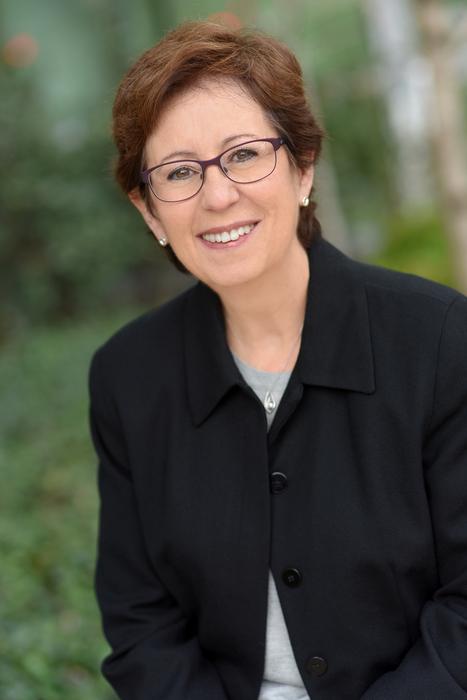Prestigious NIH award will advance brain research at UCR
RIVERSIDE, Calif. — A National Institutes of Health grant received by Vijayalakshmi (Viji) Santhakumar, a professor of molecular, cell and systems biology at the University of California, Riverside, has been selected for the prestigious Javits Neuroscience Investigator Award, the first time for the campus. Credit: Santhakumar lab, UC Riverside. RIVERSIDE, Calif. — A National Institutes of Health grant received […]

RIVERSIDE, Calif. — A National Institutes of Health grant received by Vijayalakshmi (Viji) Santhakumar, a professor of molecular, cell and systems biology at the University of California, Riverside, has been selected for the prestigious Javits Neuroscience Investigator Award, the first time for the campus.

Credit: Santhakumar lab, UC Riverside.
RIVERSIDE, Calif. — A National Institutes of Health grant received by Vijayalakshmi (Viji) Santhakumar, a professor of molecular, cell and systems biology at the University of California, Riverside, has been selected for the prestigious Javits Neuroscience Investigator Award, the first time for the campus.
The five-year, $3.5 million grant from the National Institute of Neurological Disorders and Stroke, or NINDS, of the National Institutes of Health is a collaborative study with Edward Zagha, an associate professor of psychology at UCR. The award will support research into how brain circuits contribute to episodic memory formation and how disruption in these circuits in diseases like epilepsy can contribute to memory and cognitive deficits.
“The knowledge gained from this research project can have broader implications in our understanding of how altered circuit functions can contribute to memory disorders in aging and Alzheimer’s disease,” Santhakumar said.
Specifically, her lab will develop fundamental knowledge on how the dentate gyrus, a major processing hub in the brain for integrating information from various senses to form memories of an event, functions at a circuit level and orchestrates broader network activity and behaviors.
“Our goal is to identify how these processes are compromised in brain insults like trauma and epilepsy and identify circuit adaptations that could help restore memory functions in aging, Alzheimer’s disease, and epilepsy,” Santhakumar said.
The Javits Neuroscience Investigator Award is given to investigators who have a distinguished record of substantial contributions in a field of neurological science and who are expected to be highly productive over the next seven years. The award originated in 1984 after the U.S. Congress asked that special awards be made for research in the neurosciences in honor of the late Senator Jacob K. Javits of New York, a strong advocate for support of research in a wide variety of disorders of the brain and nervous system.
In the fourth year of the grant, Santhakumar can request a three-year renewal. Over the course of the seven years, the award is expected to support three postdoctoral fellows and two graduate students at UCR, she said.
Santhakumar came to UCR in 2018 from Rutgers University in New Jersey to expand her research vision of developing a multi-level understanding of brain circuit function in health and disease. Since joining the UCR faculty, she has secured extramural grants for a total of over $13 million as a principal investigator, co-investigator, or mentor.
She is on the editorial boards of several journals, including the Journal of Neuroscience, eNeuro, Journal of Neuroinflammation, and Frontiers in Molecular Neuroscience, and serves on the board of the American Epilepsy Society. Her many awards and honors include being elected to co-chair the 2024 Gordon Research Conference of Epilepsy and Neuronal Synchronization, Magnificent Mentor Award from the UCR Biomedical Sciences Graduate Program, and an Epilepsy Foundation Young Investigator Award.
The University of California, Riverside is a doctoral research university, a living laboratory for groundbreaking exploration of issues critical to Inland Southern California, the state and communities around the world. Reflecting California’s diverse culture, UCR’s enrollment is more than 26,000 students. The campus opened a medical school in 2013 and has reached the heart of the Coachella Valley by way of the UCR Palm Desert Center. The campus has an annual impact of more than $2.7 billion on the U.S. economy. To learn more, visit www.ucr.edu.
What's Your Reaction?


































